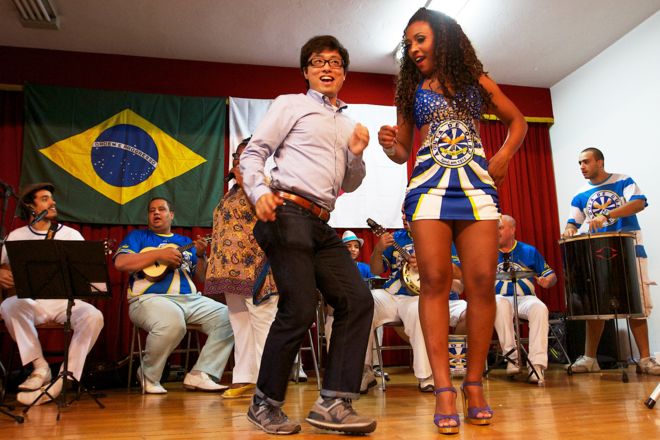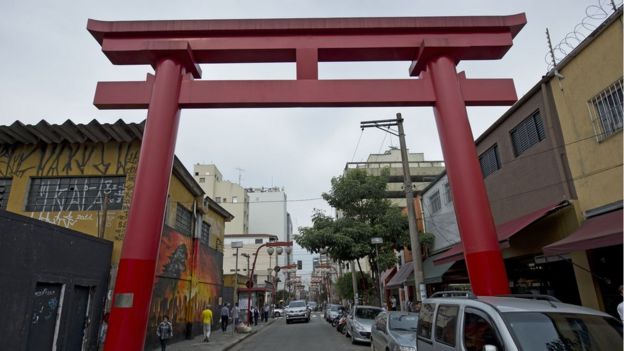There was a lot of information covered in this class throughout the whole semester. Here is what I think were three important takeaways.
1.) Learning about how entities such as the Emperor of Brazil, Vargas, and the Dictatorship of the 1960s shaped the Brazilian Nation as we know it today. I never learned much about the historical origins of Brazil and the class revealed that to me.
2.) Racial Democracy was an unfamiliar term I encountered. It was a strange concept to me until I read into it further. It is an interesting approach to try and correct racial tensions. However, it did not work as intended. By exploring concepts such as “Blackness” and how that compares to our American perception was interesting.
3.) Learning how to use iMovie was a vital skill to have learned. I hate working with Apple software and hardware such as MacBooks and other Apple Applications. As a Windows and Linux person, this was a significant change to learn how the iMovie software works and making that video proved useful. I remember in Colonial Latin America that I did not use iMovie and I hastily put together my project. With this knowledge, I am ready to make other movies for my classes without pulling my lack of hair out.



